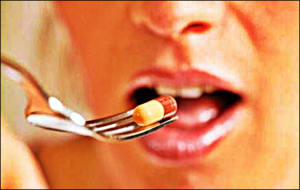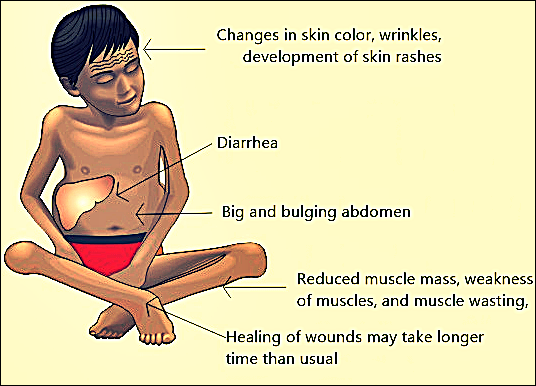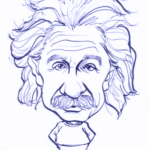Nitrogen is a vital component of the human body. It is necessary for production of proteins. Different chemicals including hormones that are secreted in the body have significant levels of nitrogen. These chemicals are important as they have a crucial role in regulation of cellular activities and different metabolic functions. Almost 3 percent of the total body mass is made up of nitrogen. In humans, nitrogen is taken into the body via food eaten.
Research has indicated that nitrogen is vital for pregnant women. Amino acids consist of nitrogen and it is necessary for maintenance of the amino acids’ structural integrity. Lack of nitrogen can hamper efficient functioning of amino acids.
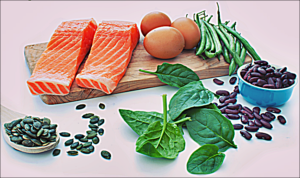
Nitrogen requirements in humans
A normal healthy adult man requires approximately 106 mgs of nitrogen per 2.1 pounds or per kilogram on a daily basis. The daily requirements for nitrogen can be achieved via intake of 0.84 grams of protein per kg on a daily basis.
Thus, a male who weight around 210 pounds would require 84 grams of protein per day to be able to meet the daily nitrogen requirements. When protein gets broken down, it forms ammonia as a byproduct. Ammonia contains nitrogen and it gets eliminated by the body.
Symptoms of nitrogen deficiency
In humans, symptoms of nitrogen deficiency are almost similar to the symptoms of a type of malnutrition called Kwashiorkor, which occurs due to insufficient intake of proteins. As nitrogen is a crucial element of amino acids, deficiency in nitrogen may cause Kwashiorkor like symptoms.
A few common symptoms of nitrogen deficiency are listed below:
- Hair loss, brittle hair
- Diarrhea
- Changes in skin color, development of skin rashes
- Generalized weakness, fatigue
- Reduced muscle mass, weakness of muscles, and muscle wasting,
- Failure to grow normally, lack of weight gain
- Edema and swelling which may particularly affect the dependent body parts
- An impaired immune system which triggers higher vulnerability to development of severe infections
- Big and bulging abdomen
- Healing of wounds may take longer time than usual
- Apathy, lethargy, and/or irritability
During a physical examination of a patient with nitrogen deficiency, doctors may find liver enlargement as well as generalized swelling. Nitrogen deficient may sometimes result in health complications such as long-term mental and physical damage, shock, etc.
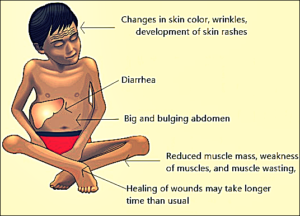
Importance of nitrogen
Different major functions like replacement of cells, normal development and growth, and repair of tissues need nitrogen for manufacture of new cells. Nitrogen is abundantly available in the surroundings; however it cannot be directly from the soil or air by humans. We are dependent on green plants and microbes for conversion of nitrogen into a form that can be used by the body.
The body continuously recycles nitrogen present in amino acids. When amino acids are not involved in synthesis of proteins, then they get processed into different elements such as nitrogen, etc., for production of energy. Nitrogen present in amino acids from protein containing foods is required by the body to produce other kinds of amino acids which are then used for synthesizing human proteins. It is a known fact that different tissues in the body have protein, but it is also a fact that metabolic functions are dependent on certain enzymes, each of which contains different types of proteins.
Nitrogen is involved in the production of other kinds of compounds which are not proteins. For example, it is used to make ‘heme’ present in hemoglobin which performs the function of carrying oxygen in RBCs/red blood cells. Nitrogen is also present in nucleic acid DNA which are a part of the genes as well as in the RNA which has a role in processing proteins.
The human body requires nitrogen for producing proteins in the skin, muscles, hair, blood, DNA, and nails. Nitrogen is obtained by the body from foods with proteins. Some protein rich foods are fish, meat, eggs, legumes, milk, nuts, and varied dairy products.
Nitrogen is one of the basic components of non-vegetarian as well as vegetarian food. A vegetarian healthy diet has increased amounts of carbon and reduced nitrogen, while a non-vegetarian diet include less carbon and more nitrogen. Nitrogen helps regulate many different biological processes and is therefore vital for good health.
Nitrogen deficiency can be diagnosed with the help of different tests and diagnostic procedures such as arterial blood gas analysis, serum creatinine test, and measurement of the total amount of protein in blood.
Treatment of nitrogen deficiency
Treatment of nitrogen deficiency is mainly dependent on the severity of the deficiency and the capacity to restore blood pressure and blood volume to normalcy. The basic standard of treatment for nitrogen deficiency is discussed below.
Offering a sufficient amount of calories via intake of foods with fats, carbohydrates, and simple sugars is very important. After these ingredients have begun to get processed by the body for production of energy, the intake of proteins needs to be increased.
At the same time, mineral and vitamin supplements should also be provided. This is because of the possibility of nitrogen deficiency hampering the intestines’ ability to absorb varied other food nutrients.
People with nitrogen deficiency and malnutrition are advised to eat slowly and chew properly so as to treat the conditions. Protein rich foods need to be slowly included in the diet after some days as the patient begins to recuperate. It is necessary to include pulses, legumes, cereals, and non-vegetarian foods to get sufficient levels of proteins.
